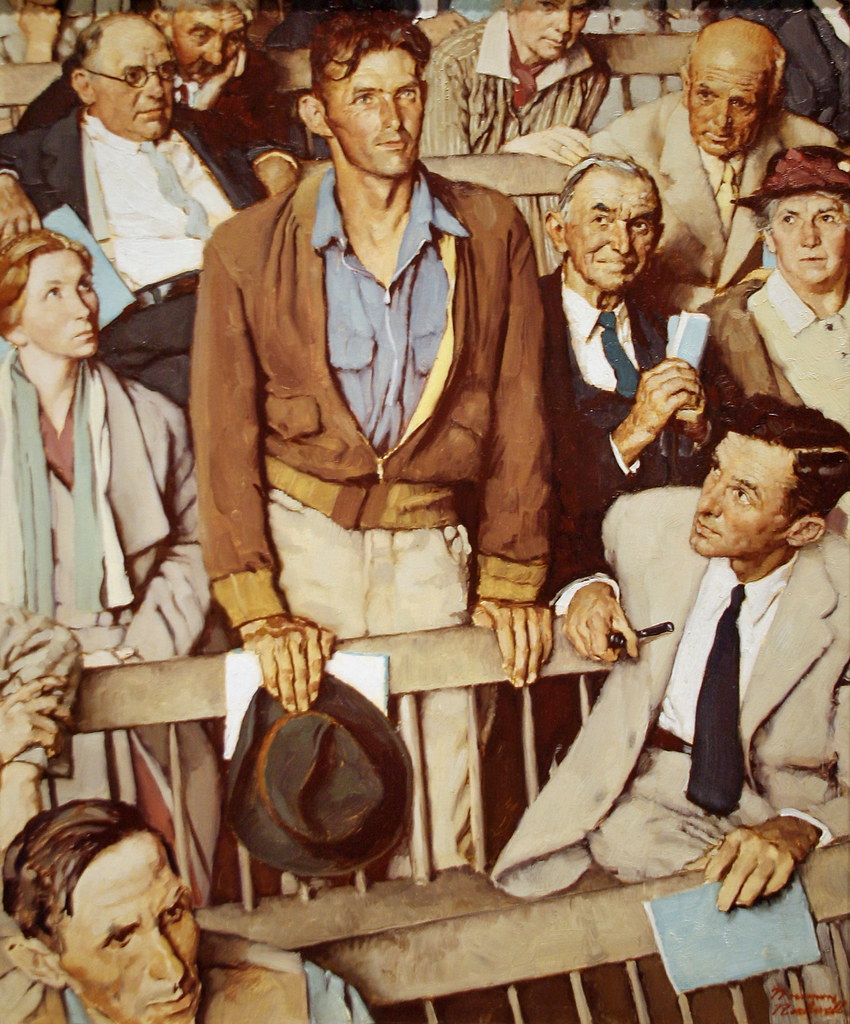‘we Live In A Foreign Country Now’

Don Moynihan, a Professor at Ford School of Public Policy at the University of Michigan, makes a bold declaration:
But we don’t live in America any longer. The truth is, we live in a foreign country now. Our idea of America — the one you grew up with if you were born here, or that drew you to this country if you were an immigrant — and the reality of America today, well, these are different places.
While admitting that this sounds “alarmist,” he provides evidence for his assertion:
- The President has politicized the Department of Justice and threatens to unleash the power of the federal government on his political enemies. For example, he has promised to punish law firms that provide legal support for his opponents, Now, many are no longer willing to do so.
- Critics who once held security clearances or security details have them removed.
- Organizations fearful of threats from the President preemptively erase ideas, or silence dissenting voices.
- The President has suggested that critics are supporters of terrorism, using vague language that allows him to threaten nonprofits, or promise to deport protest leaders, including green card holders.
- Words and ideas are banned. Censors rifle their way through government documents and websites to remove them. Federal spaces, like schools on military bases, are purged of books that even mildly hint at the idea that diversity is a good thing. Executive orders that purge these ideas tend to be ambiguous, leading organizations to respond broadly and to self-censor.
- Funding of research ideas is being taken away from research experts and handed to political appointees who are defunding the ideas they dislike. Campus officials are trying to decide how to respond to government orders to remove ideas.
- The President has pardoned militant supporters who engaged in violence to try to reverse the outcome of a previous election, and demoted officials who investigated those supporters.
- The President and the richest man in the world routinely make wildly dishonest claims about the government they are running. Critics of the employees of the richest man in the world can expect to be threatened with prosecution from the federal government. The richest man in the world purges ideas or even methods of disseminating ideas from the platform he owns. Qualified and credible voices who know the inner workings of are afraid to publicly expose his failures. They are threatened with firing if they explain to the public about the damage being done, or fired even when its their job to do so.
- Elected officials are not exempt from such threats. The President’s opponents face threat of investigation, while even his supporters fear to disagree with him. They also fear criticizing the richest man in the world, even though his actions in destroying much of the government are widely unpopular.
- The work of the richest man in the world is exempted from open records laws. We really don’t know what he is doing, and members of Congress refuse to ask him in public. And the employees charged with responding to open records requests are being fired in some agencies.
- Public employees are illegally purged if they are viewed as disloyal to the new regime. This includes top-ranking officers in the military, and the lawyers in government who set the boundaries for what a President can do. Within a few weeks, this has started to seem normal, and inevitable. The media coverage often fails to mention how the President is acting illegally.
- Some of those are purged because of their gender identity, or because they are associated with ideas now deemed unfashionable, or even for going to a meeting where those ideas are discussed. The government has created tip lines to help identify the disfavored.
- Individual journalists whose job it is to hold the President accountable know that they will face a torrent of abuse if they are critical. The richest man in the world might call for a journalist to be fired, falsely accuse media organizations of secretly being paid by shadowy pro-government forces, or sue them to drain resources. Their organization may be banned from press events if it is deemed insufficiently supportive of the President, replaced by partisan outlets who only provide uncritical propaganda.
- Some media companies find excuses to bribe the President on the flimsiest of pretexts, humoring his demands for massive financial compensation when faced with normal journalistic practice, because their corporate owners fear the President’s retribution. Corporations have become accustomed to making multi-million contributions to the President as a form of protection money for their businesses.
- The judges who provide the last, best hope of constraining the President and the richest man in the world face a historic wave of threats. Judges in the DC area had pizzas mailed anonymously to their homes, to communicate that their address is known to potential attackers.
- More and more people are turning to secure private apps to communicate, reflecting worries about state surveillance.
and observes,
Normally, we treat each bullet point as a separate story. But they are all connected. We are witnessing an extraordinarily broad chilling effect in American society. It is not just what you want to say, but what you are allowed to ask. It is about both formal government actions and informal threats, with threats of professional ruin or even violence from the President’s supporters. It is about both censorship and self-censorship. It is about a sense of collective fear.
There’s quite a bit more at the link.
Popular Products
-
 Electronic String Tension Calibrator ...
Electronic String Tension Calibrator ...$30.99$20.78 -
 Pickleball Paddle Case Hard Shell Rac...
Pickleball Paddle Case Hard Shell Rac...$20.99$13.78 -
 Beach Tennis Racket Head Tape Protect...
Beach Tennis Racket Head Tape Protect...$43.99$29.78 -
 Glow-in-the-Dark Outdoor Pickleball B...
Glow-in-the-Dark Outdoor Pickleball B...$50.99$34.78 -
 Door Pickleball Trainer Rebounder
Door Pickleball Trainer Rebounder$104.99$72.78